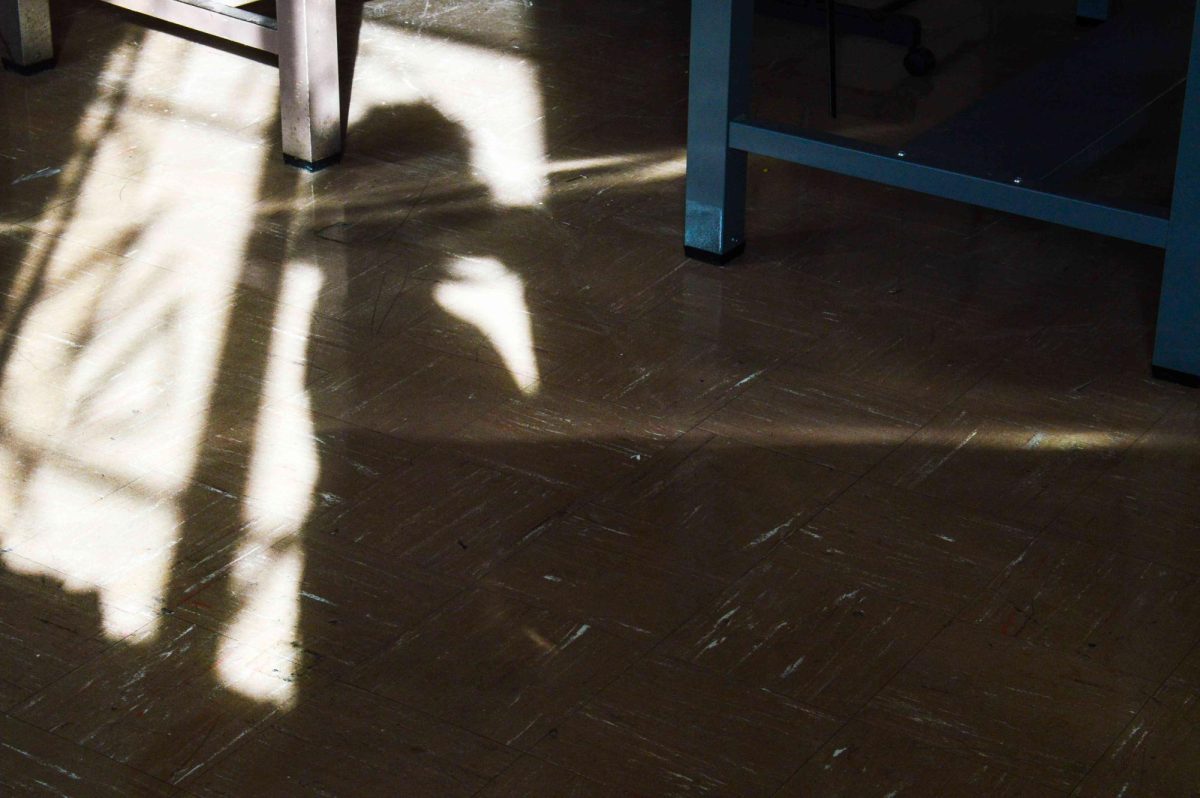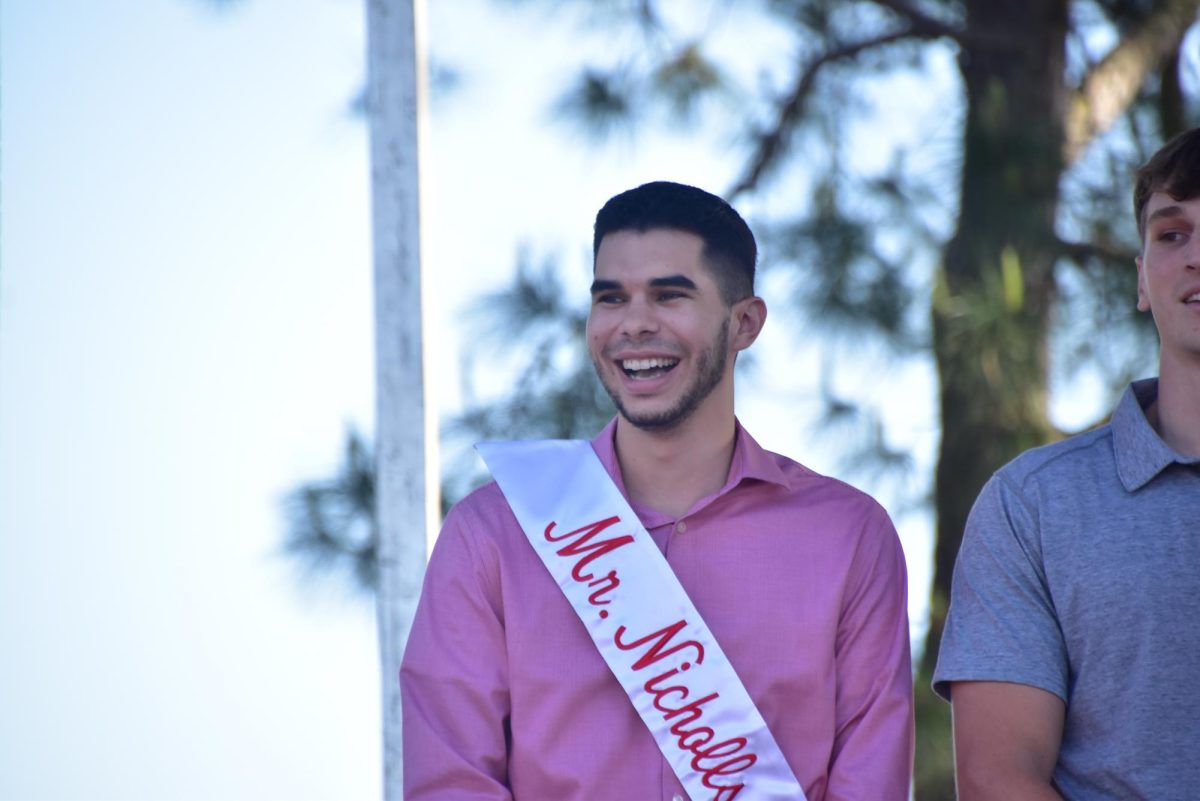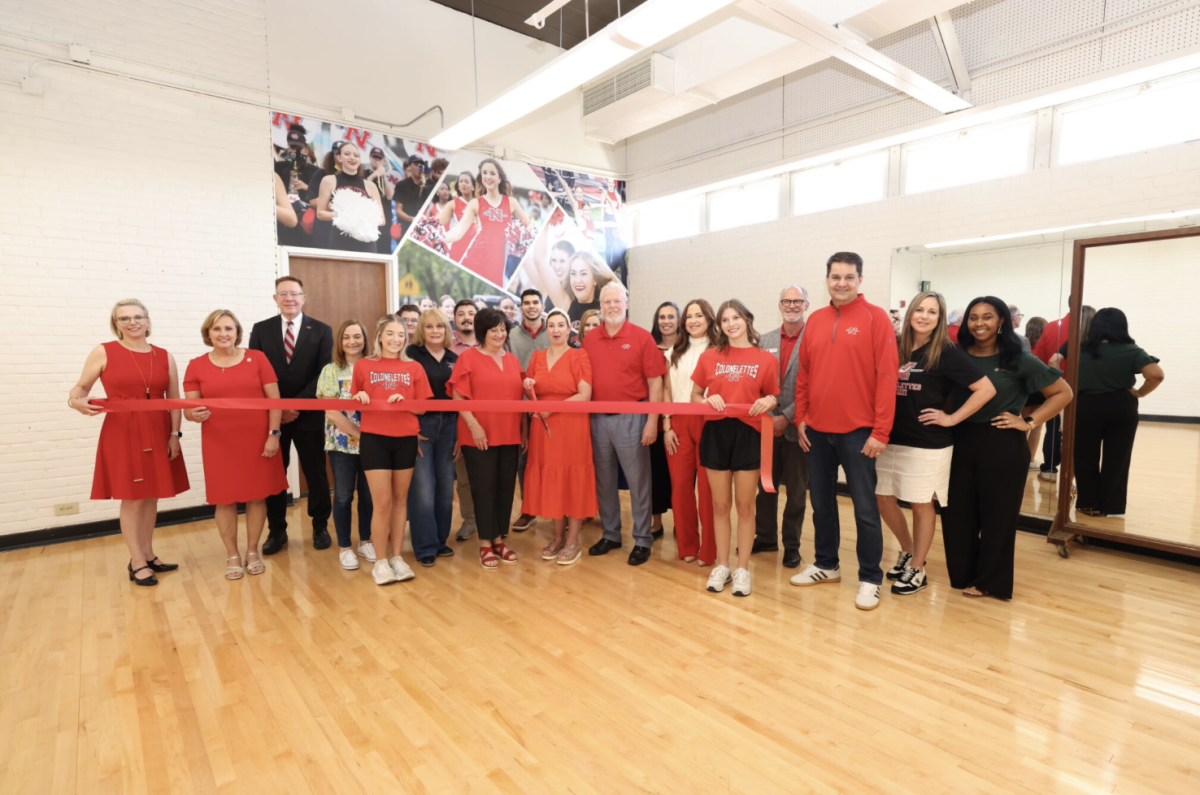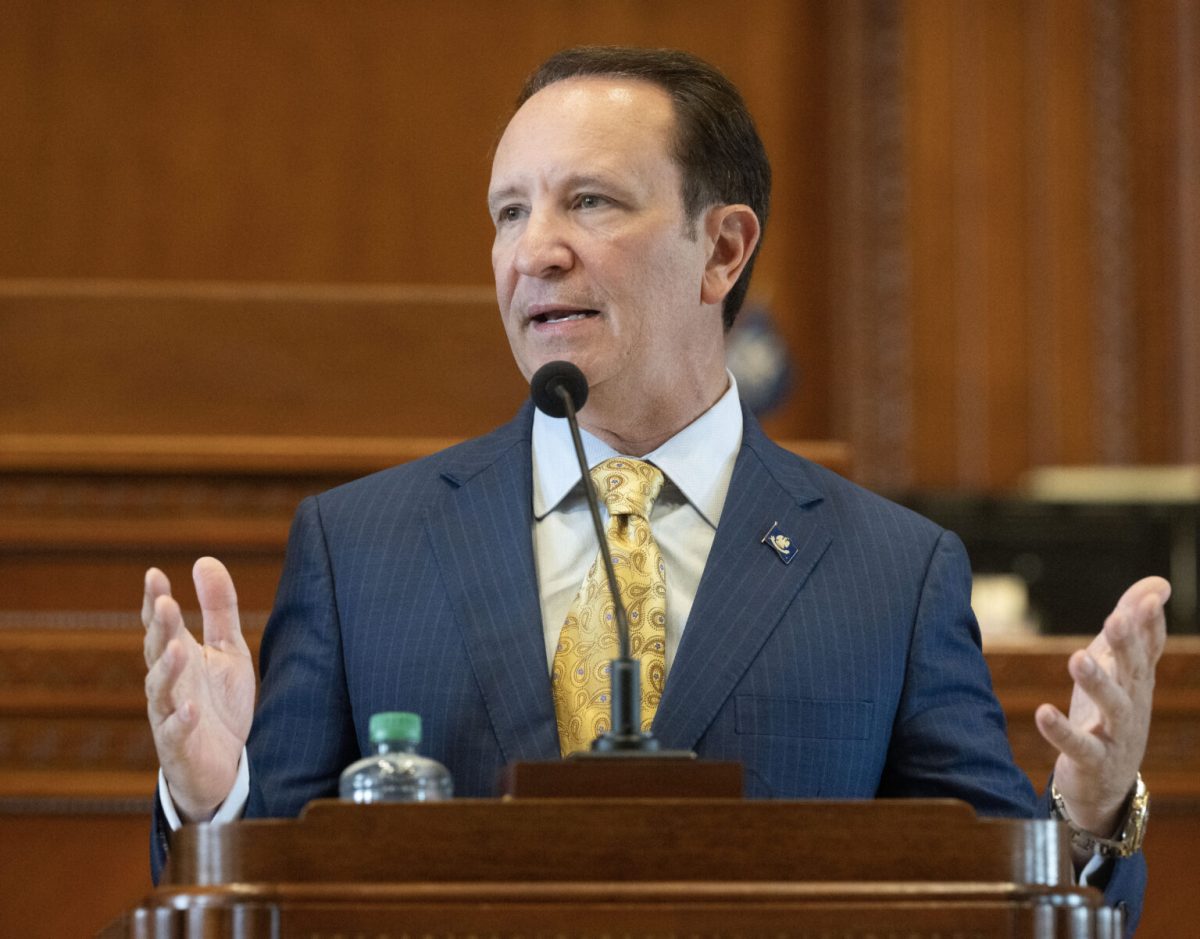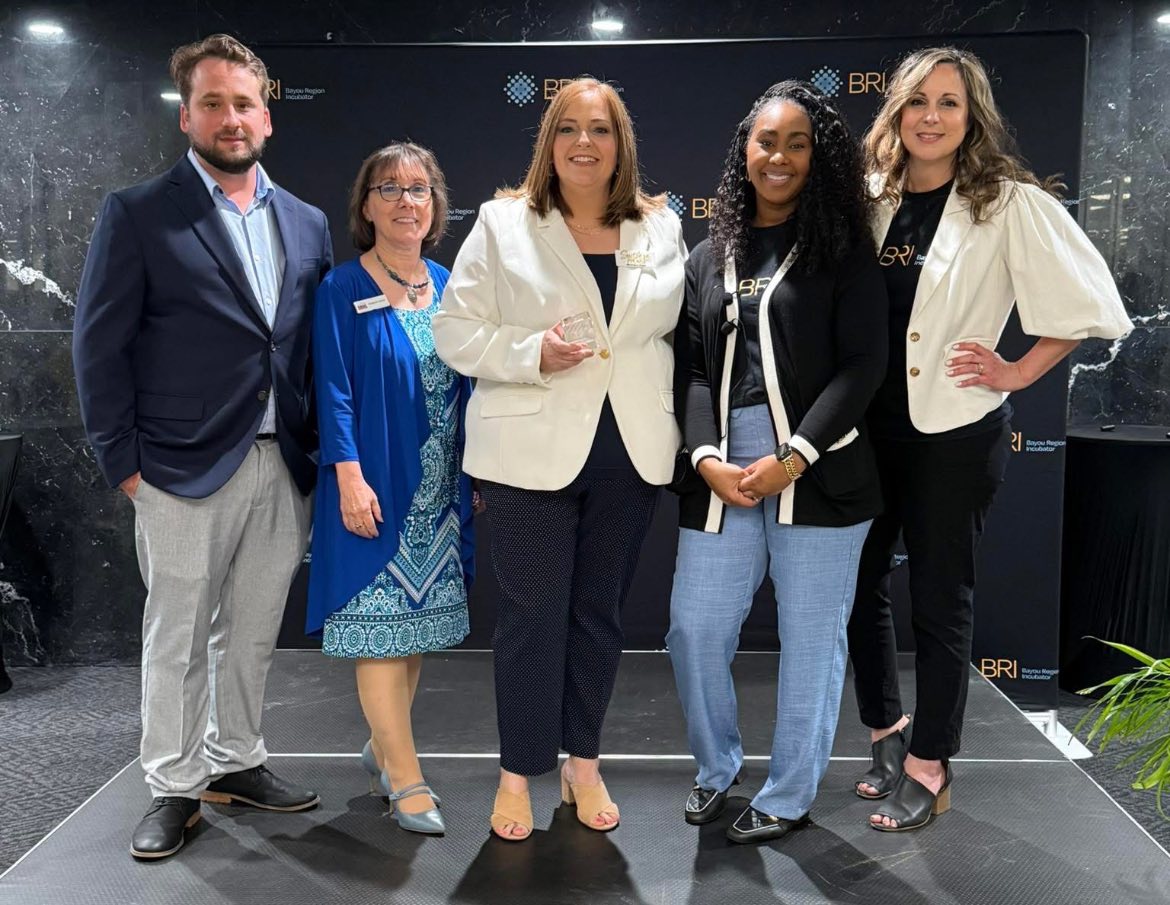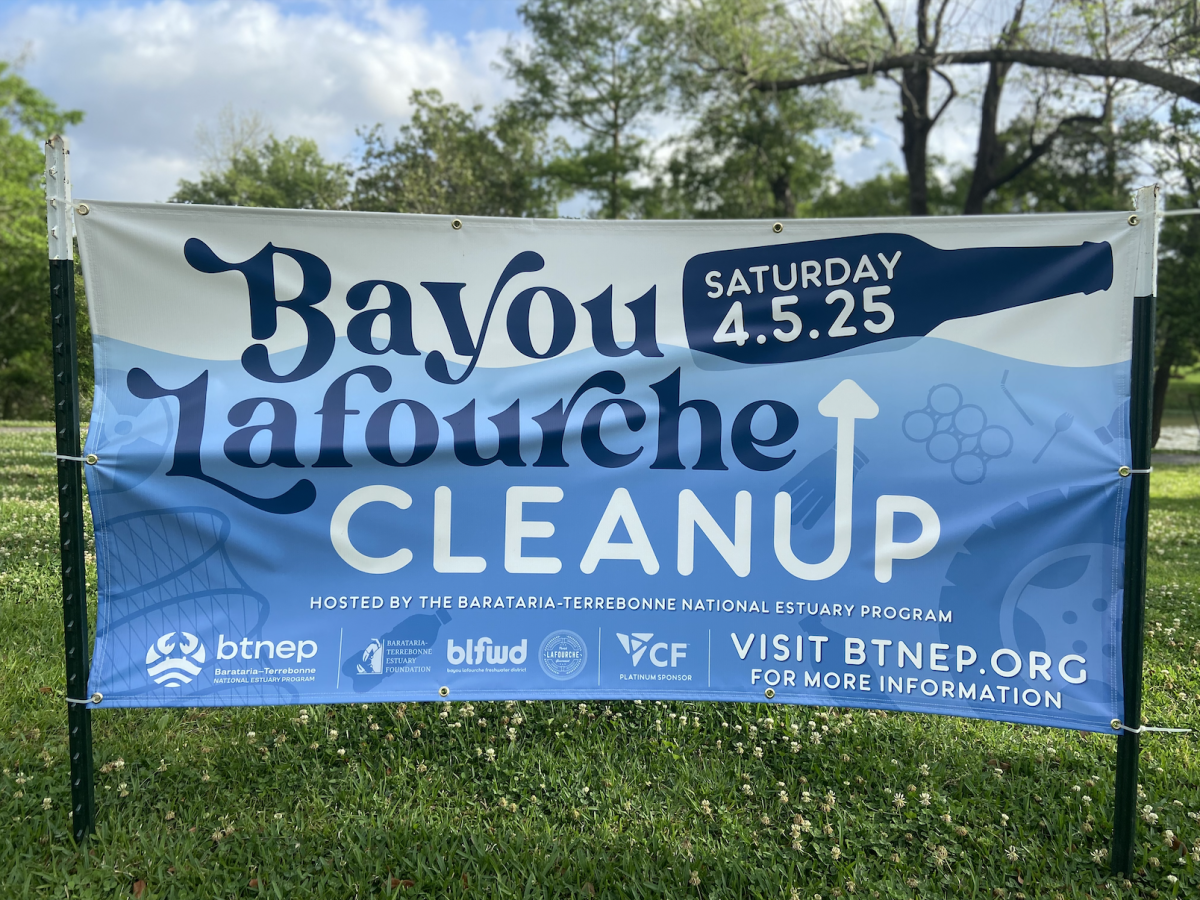Out of 546 students surveyed on campus, 32 percent said the nation’s unemployment rate is one of the most important issues facing America today while 31 percent voted for the deficit.
James Barnidge, associate professor of history and administrator of the opinion survey, said this is a good indication that college students are realizing the value of education by staying enrolled and learning as much as possible for a competitive job market.
Each student from Barnidge’s American history class surveyed five students on campus about current issues facing the American public. Since it is an opinion survey, the results represent a snapshot in time with about a two to three percent error, Barnidge explained.
“The survey is a great way for students to get to know what is going on in the world today,” Barnidge said.
Students were in line with national statistics for Republican candidates in the 2012 presidential election, since 19 percent chose Mitt Romney and 18 percent chose Ron Paul. Paul is an advocate for cuts in spending, which can affect every government department, including higher education.
Barnidge said that “students may not realize that Ron Paul wants to stop subsidizing student loans.”
The survey was conducted before the sexual allegations against Republican candidate Herman Cain who won 16 percent of votes. Barnidge said it would be interesting to see if students would change their opinion in the two weeks since the allegations surfaced.
According to Barnidge, the national average of people who disagree with the way government works is 74 percent. Seventy-seven percent of Nicholls students also disagreed with the way government works while 23 percent agreed.
With the options of cutting spending or raising taxes to help balance the U.S. budget, 51 percent of students picked both while 37 percent chose to cut spending and 12 percent voted to raise taxes.
“Students realize the problem is so big that it’s impossible to get there by the two choices alone,” Barnidge said. “It will take both over a long period of time.”
Given the option to cut spending in Social Security, Medicare and Medicaid, military, education and an unclassified other category, 41 percent of students chose the “other” category.
Barnidge said “other” was a typical answer because “students know that they have to cut some areas, but they don’t know exactly what.” He said it is the same thing when politicians are in a debate and do not have time to develop a thorough answer—they choose the easiest route.
Aside from the 41 percent who voted other, 23 percent voted to cut spending in the U.S. military.
“America spends more on the military than the top 25 countries in the world combined,” Barnidge said.
Fifty-seven percent of students were against paying more taxes to reduce state cuts to health care and education while 43 percent were willing to pay more taxes.
Barnidge said the results show that students were undecided about this issue but mentioned that some may have neglected to realize they are students themselves who would be affected by the increase in taxes.
When asked who should pay more taxes, 51 percent said those making over $1 million should pay more, and 24 percent said everyone should pay more equally. According to Barnidge, the results for this question were surprising since there is a significant difference between income from someone who is wealthy and someone who is classified as middle class. For them to pay the same amount of taxes does not add up.
Students voted against allowing guns on campus by 85 percent while 15 percent said they should be allowed.
Fifty-nine percent of students objected to Muslims building a mosque in their town while 41 percent would allow it.
Barnidge said it would be interesting to hear arguments based on the difference between Catholics building a church and Jewish people building a synagogue.
Surveyors were only allowed to receive answers from participants. Participants were not asked to justify their responses.



